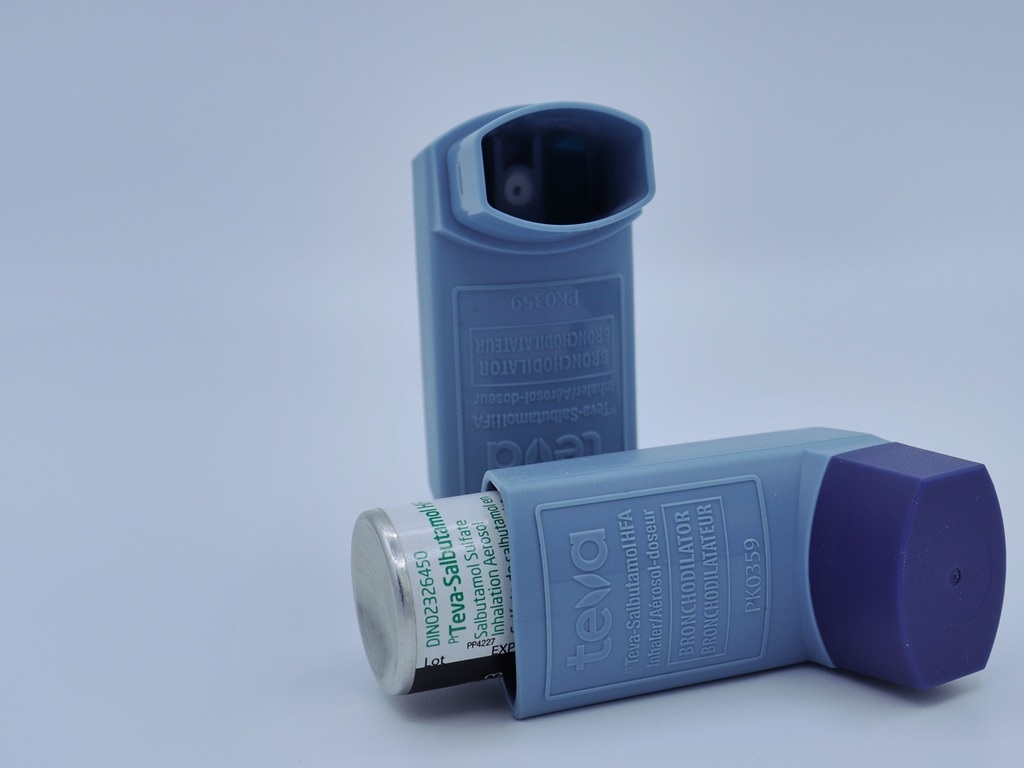Asthma, a chronic condition affecting the airways in the lungs, can significantly be influenced by the changing seasons. With each season bringing its set of triggers, individuals with asthma must adapt their management strategies to maintain control over their symptoms. Here is a simple guide to navigating asthma during seasonal changes.
Understand Seasonal Triggers
Each season comes with specific asthma triggers: Spring is notorious for high pollen counts, which can exacerbate asthma symptoms. Summer brings heat and humidity, along with smog and air pollution, posing challenges for asthmatics. Fall sees a rise in mold spores from fallen leaves and potentially increased dust from turning on heating systems. Winter cold air can trigger asthma flare-ups, as can indoor allergens since people spend more time indoors.
Regular Medication
Stick to your prescribed asthma medication plan. Consistency is key in keeping asthma under control, regardless of the season.
Monitor the Environment
Keep an eye on weather forecasts and pollen counts. On days with high triggers, try to stay indoors and keep windows closed to minimize exposure.
HVAC Maintenance
Regularly change or clean the filters in your heating, ventilation, and air conditioning (HVAC) system to reduce indoor allergens.
Stay Hydrated
Drinking plenty of water can help thin mucus in the airways, making it easier to breathe.
Wear Protective Gear
In colder months, wearing a scarf over your mouth can warm the air before it reaches your lungs, reducing the cold air trigger.
Create an Asthma Action Plan
Work with your healthcare provider to develop an action plan tailored to managing seasonal asthma triggers. This should include information on avoiding triggers, taking medications properly, and what to do during an asthma attack.
Regular Check-ups
Regular visits to your healthcare provider can help adjust your treatment plan as needed, ensuring optimal control over your asthma throughout the year.
Conclusion
Seasonal changes can present challenges for individuals with asthma, but with the right strategies, these can be effectively managed. Paying attention to seasonal triggers, sticking to your medication regimen, and staying in close contact with your healthcare provider are key components in maintaining asthma control. By taking proactive steps, you can breathe easier and enjoy every season to its fullest.



